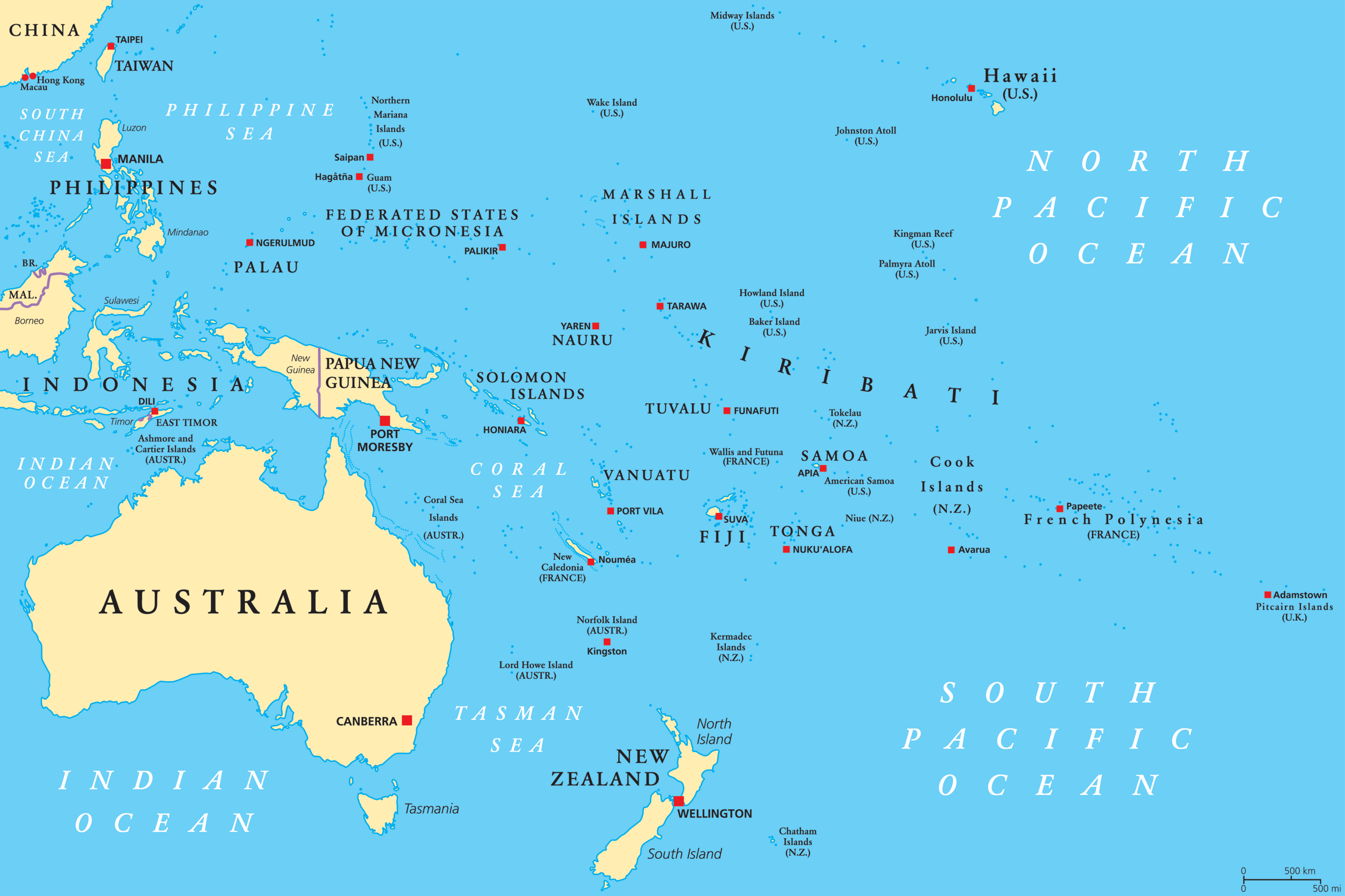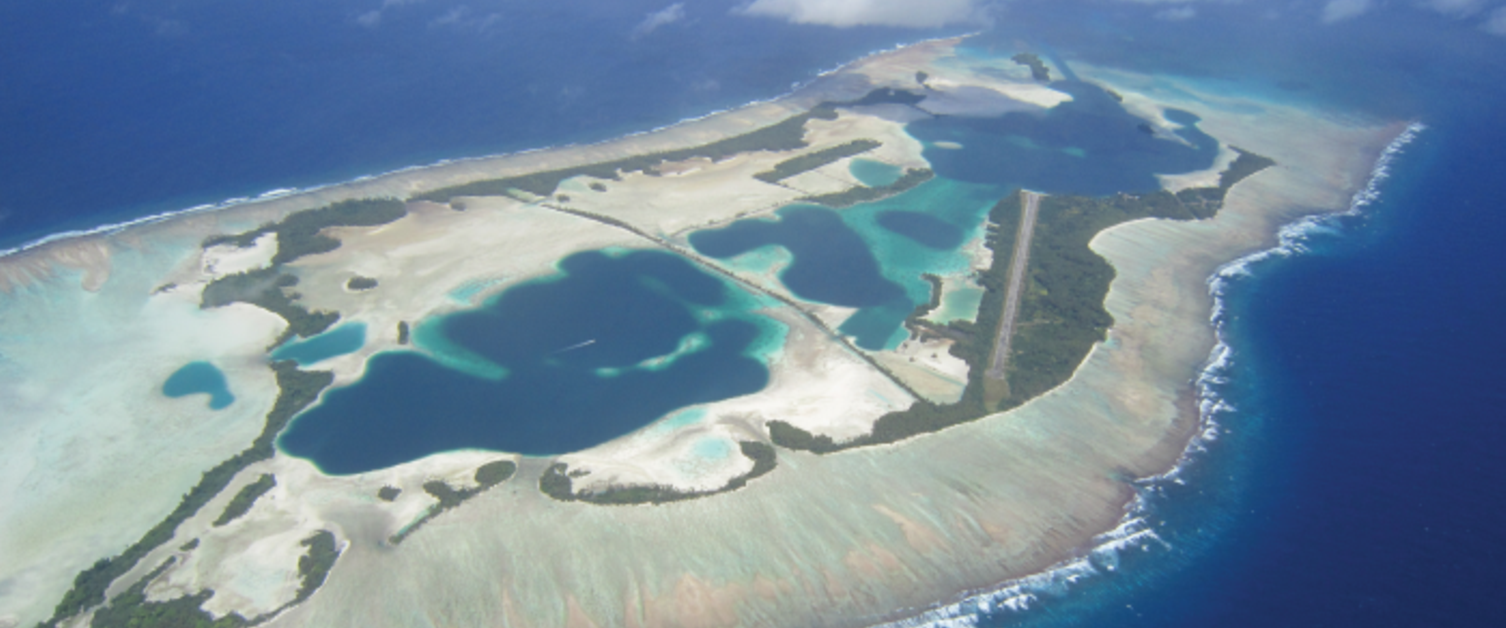Mitigating a Toll on Coral
- By AMS Staff
- Dec 15, 2023
PHOTO CREDIT: USGS

Marine heat waves caused by El Niño “are the greatest threat to coral reef ecosystems globally,” says Michael Fox of King Abdullah University of Science and Technology. “These events have far-reaching impacts across the tropics and can result in mass coral mortality across vast areas.” For about a year beginning in April 2015, the central Pacific Ocean experienced one of the most intense El Niño events on record, causing severe bleaching of some coral reefs, such as those at the islands of Kiritimati and Jarvis. But a few hundred miles to the north, at the small atoll of Palmyra, Fox and colleagues discovered that a natural El Niño–related process not only protected the coral but helped it to flourish. During El Niño events, Pacific Ocean currents at the equator weaken, depleting the supply of nutrients that corals rely on to survive. But near Palmyra, the researchers discovered a notable intensification of the North Equatorial Counter Current, which flows eastward into Palmyra’s western shores. Combined with the development of a shallower sea surface layer around the atoll, this caused cooler waters rich with plankton to move upward to Palmyra’s coral reefs, helping to mitigate the heat stress from rising sea surface temperatures. The researchers ran ocean models that showed the phenomenon occurred during two other El Niño events in the past 50 years (1982–1983 and 1997–1998), but not in non-El Niño years. “We had no idea that something positive could come from El Niño,” Fox says. “The same processes that caused coral reefs to die on central Pacific islands on the equator led to positive conditions just a bit further north. The real surprise is that something beneficial for corals happened during such a major El Niño.” The researchers believe the conditions are present in other parts of the Pacific, and Fox notes that pinpointing those areas “will help us identify which reefs have a greater chance of survival under climate change and to plan future conservation efforts.” The study was published in Science Advances. [Source: King Abdullah University of Science and Technology]
